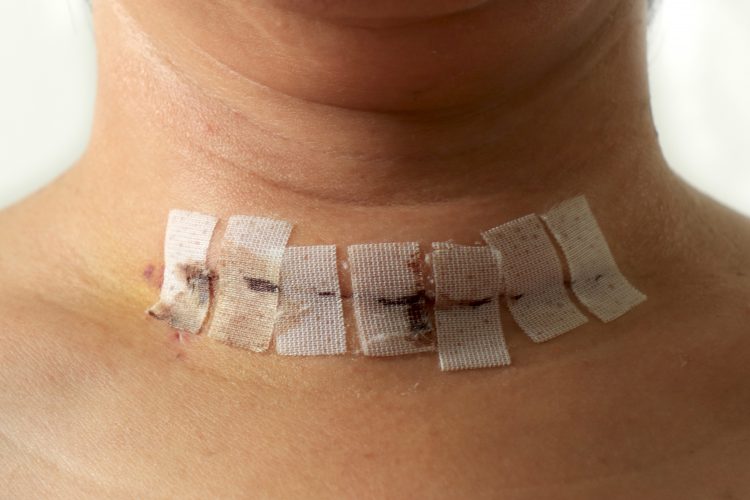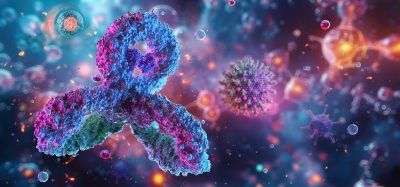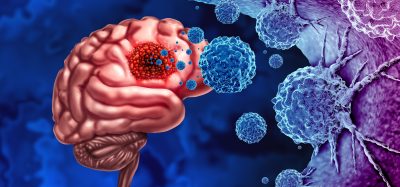Novel protein inhibitor improves immunotherapy in squamous cell carcinoma
Posted: 22 July 2020 | Hannah Balfour (Drug Target Review) | No comments yet
Researchers reveal a combination of PD1 immunotherapy and BMI1 protein inhibition eliminated cancer stem cells and prevented cancer recurrence in a mouse model.


A study found treating advanced head and neck squamous cell carcinoma with a combination of an anti-PD1 immunotherapy drug and PTC209, an inhibitor that targets the protein BMI1, stopped the growth and spread of the cancer. According to the researchers, who conducted the study in mice, the combination of therapies also prevented cancer recurrence and eliminated cancer stem cells.
PD1 immunotherapies in combination with chemotherapy are the current approved treatment for recurrent or metastatic head and neck cancer. However, response rates are not very high and response duration is relatively short, indicating that this type of cancer develops some kind of resistance to PD1 blockade.
In order to overcome this, researchers at the University of California – Los Angeles (UCLA) Jonsson Comprehensive Cancer Center and UCLA School of Dentistry, both US, have been studying the role of cancer stem cells and the protein BMI1. Cancer stem cells have been implicated in the development of resistance and cancer relapse/recurrence and BMI1, which functions in several cancers, including head and neck, has been found to control cancer stem cells’ self-renewal. The team therefore suggested targeting cancer stem cells may be critical for improving the efficacy of immunotherapy and preventing tumour relapse.
Using a murine model of head and neck squamous cell carcinoma that mimicked human cancer development and metastasis, the team tested whether BMI1 positive cancer stem cells could be eradicated by PD1 blockade-based combination therapy. They did this both by pharmacologically inhibiting BMI1 and by genetically removing it.
They found that inhibiting BMI1 not only helped eliminate the BMI1 cancer stem cells but also enhanced PD1 blockade by activating tumour cell-intrinsic immunity, which inhibited metastatic tumour growth and prevented relapse.
The researchers concluded that their preclinical study provides an important foundation for developing a new PD1 blockade-based combination therapy with BMI1 inhibitors that could combat cancers that are resistant to the immunotherapy.
The study was published in Cell Stem Cell.
Related topics
Drug Development, Drug Targets, Immuno-oncology, Immunotherapy, In Vivo, Oncology, Protein, Proteomics, Therapeutics
Related conditions
Head and Neck cancer, squamous cell carcinoma








